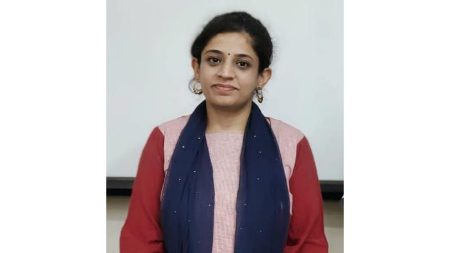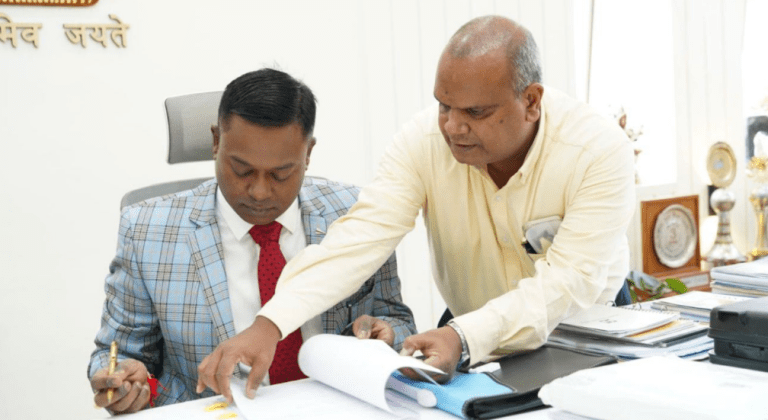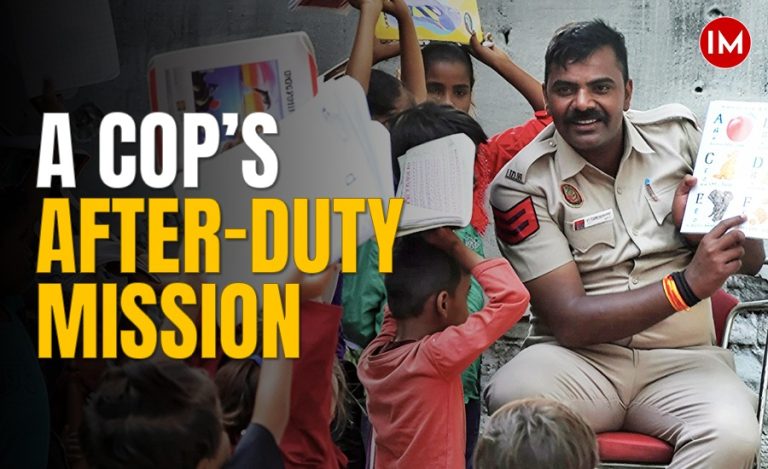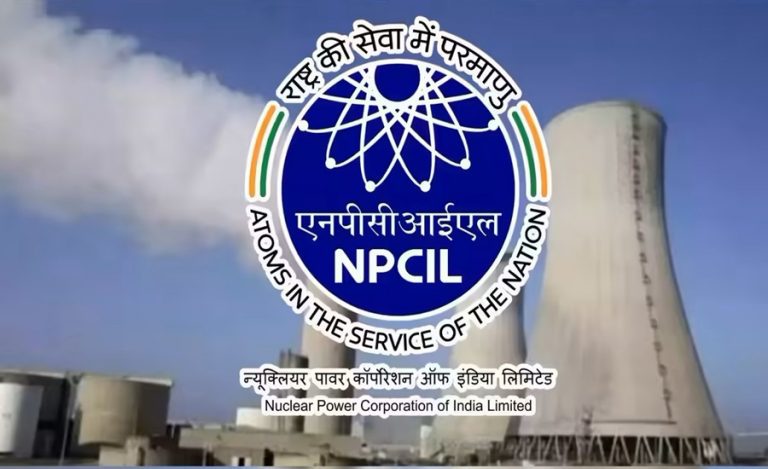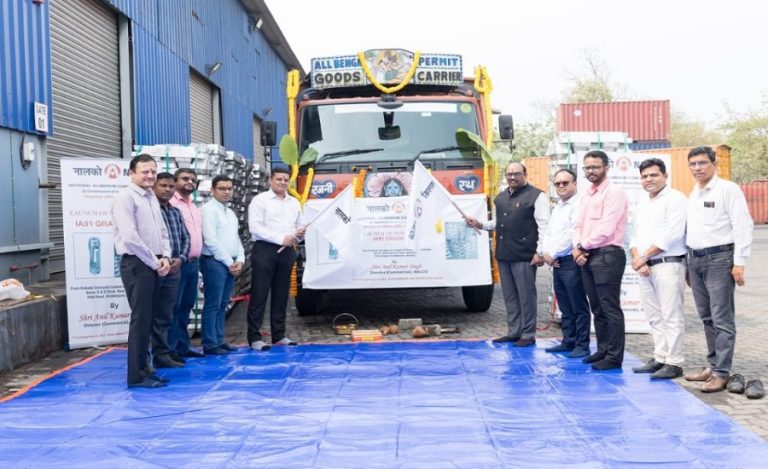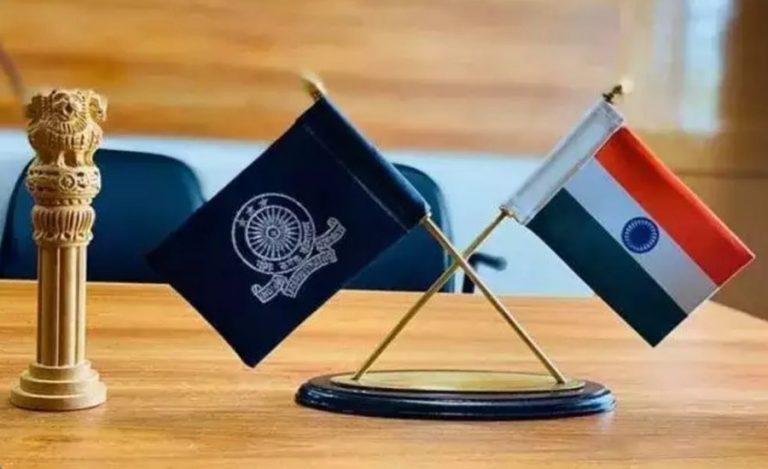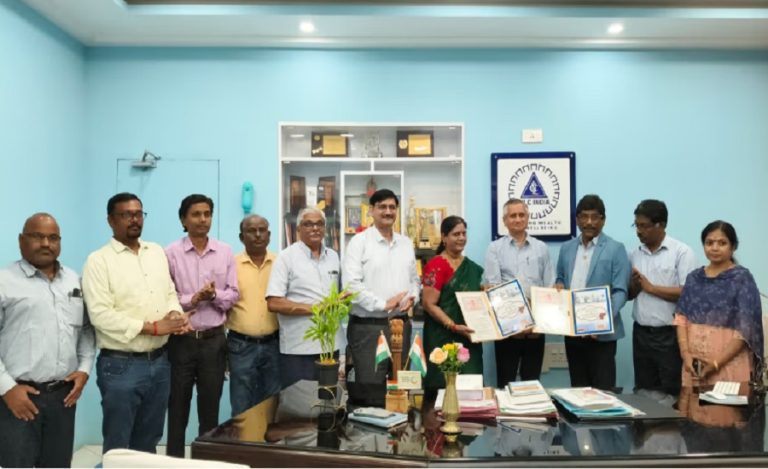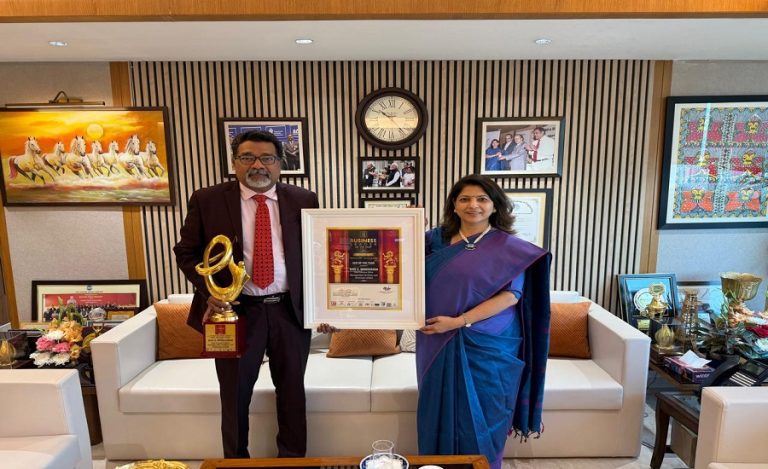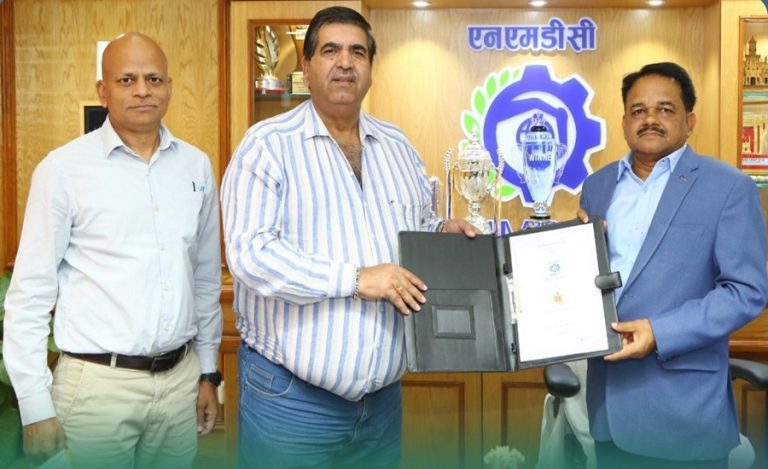The CEO of Chandrapur Zila Parishad in Maharashtra, 2017-batch IAS officer Mittali Sethi, is doing some commendable work in the field of health, education and sanitation. These sectors are especially close to her heart, as in her earlier posting, too, as Project officer, Integrated Tribal Development Project (ITDP), Melghat, she had brought about changes in these fields by her initiatives.
In an exclusive conversation with Indian Masterminds, she talked about the initiatives that ushered in changes in Chandrapur as well as Melghat.
PADHAI BHI SAFAI BHI IN CHANDRAPUR
As CEO, ZP, Chandrapur, Ms. Sethi is working extensively towards improving the education sector. The Padhai bhi Safai bhi initiative aims to build around 150 community libraries in the next six months. They have identified buildings which are dilapidated and have started refurbishing and refabricating them. Out of the 150 libraries, two of them are ready for use while the others are in the process of getting electricity connection.
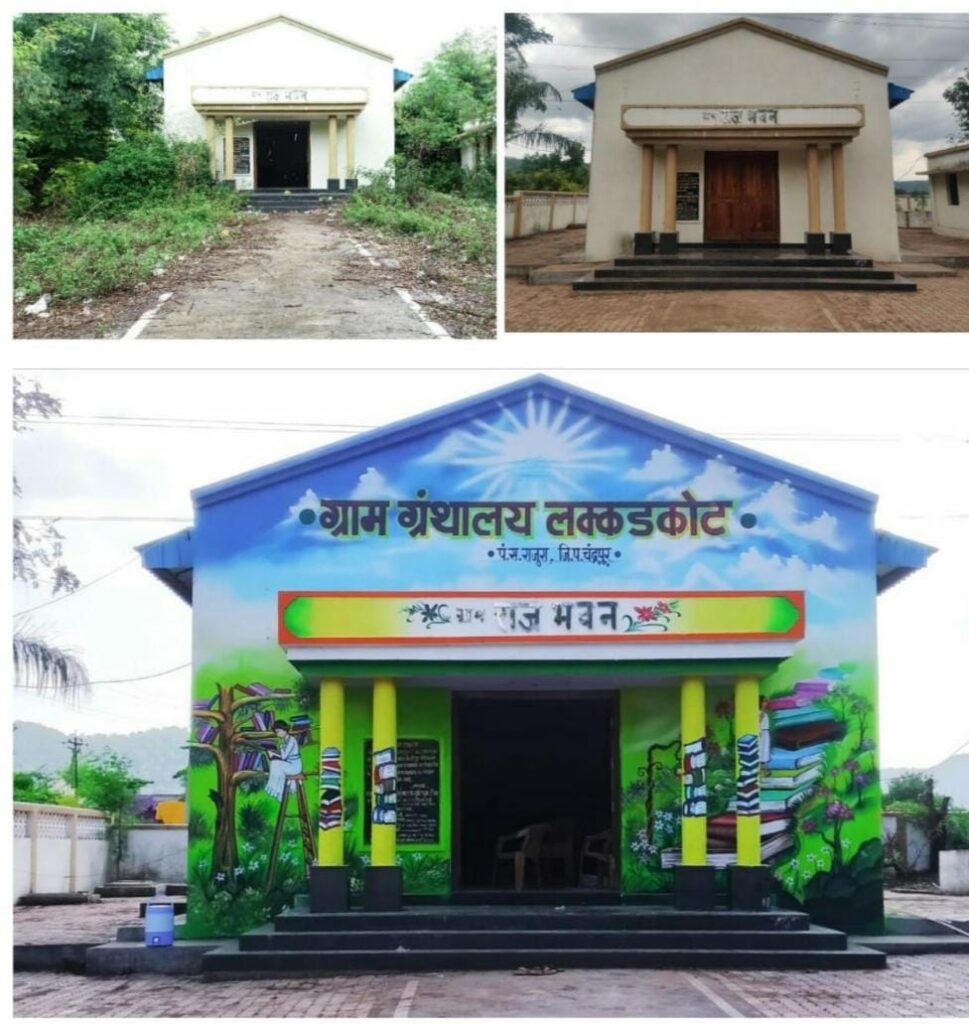
The administration is paying special attention to building the infrastructure in the schools, specially toilets and handwash stations. Data collected through Open Data Kit (ODK) collection brought to light that there are many toilets and handwash stations which require repair and there are many which are not functional.
Ms. Sethi said that this has happened because of the pandemic as schools were closed during those days and a lot of infrastructure were lying unused.
“Also, when a rural school does not have sanitary vending machine, this inevitably starts affecting the girl students and then they generally drop out. So, this is why, we started linking toilets with libraries to showcase that toilets are as important as libraries,” she said.
As a part of this initiative, they are also providing cycle to children who live more than 2kms away from the school.
Extra-curricular activities also take place every month in the schools of Chandrapur. “Last month, they had done painting and we collected those paintings from the schools and used them to decorate the zila parishad office,” the officer said.
While talking about sanitation and health, she said that they have selected 20 villages, with above 5000 people and are mostly urban, to build waste collection centres and carry out wet waste management at the village level. For dry waste management, they are tying up with agencies that create something out of the waste. “We are doing stakeholders mapping and identifying anganwadis and self help groups who can help us with this campaign, and then make it a movement that people will adopt,” Ms. Sethi said.
MELGHAT INITIATIVES
Ms. Sethi was earlier posted in Melghat where a lot of people of the Korku tribal community live. Here, she worked for eradicating malnutrition, which, she discovered, started happening when the children along with their parents had migrated back to the area during the lockdown. The peak happened from April to June. That’s when the team built a migration tracking application and created a state migration committee. “We piloted it in six districts last year, and this year, we are scaling it up to cover the entire state,” she said.
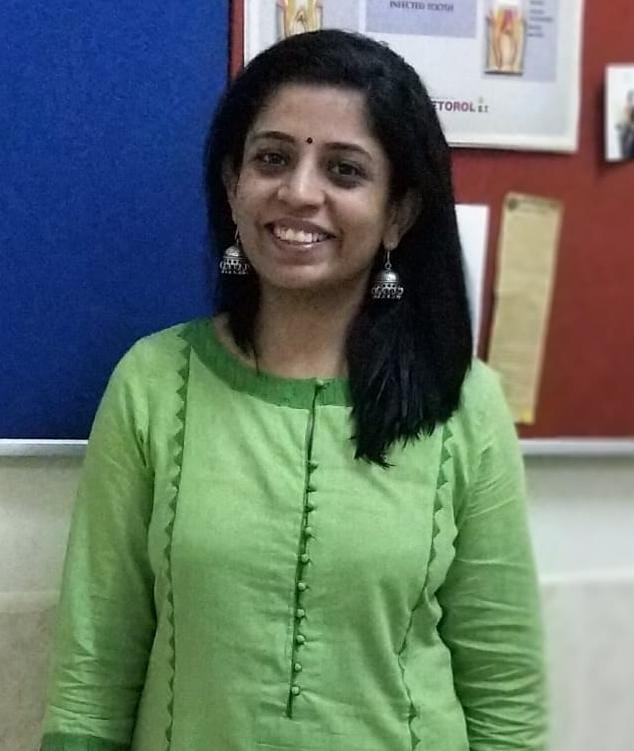
She also worked towards making the people aware about the Covid vaccine as initially there was a lot of hesitancy to take it. She also took many vaccination tutorials for the tribal people in their language, so that they understand better.
MADE DOCUMENTARIES
While posted in Melghat, she also made two documentaries named Rani Beti and Chanki Sokda. She wrote the script and a Korku teacher recorded the song for the documentary, while some constables acted in it.
“Both the documentaries got selected for the Pune International Film Festival screening and Rani Beti won the third prize and Rs. 25,000 as cash award,” Ms. Sethi said.

